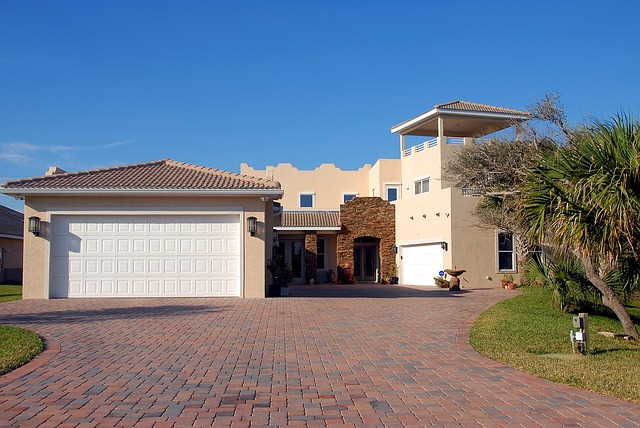Most homeowners seek financial assistance when acquiring their homes. Most of the time, the financing features a 30-year time. This means that it will take the owners 30 years to repay mortgages and get freed from their financial obligations. However, a significant number of homeowners choose to sell their homes before completing mortgage payments. For this reason, one of the most commonly asked questions is what transpires with your mortgages when homeowners decide to sell their homes.
What transpires with your mortgage when you decide to sell your home?
Ideally, it would be best if you had enough equity to repay your mortgage balance when you sell your home. However, you also have to cater for closing costs and turn a profit from the sale. Most of the time, sellers do not have enough money to take on all these tasks. Therefore, below is what takes place when you sell your house;
Before we get into more details, we need to define a vital term first.
What is the meaning or definition of equity?
Equity is the financial stake you have in your home. It can also be defined as the monetary value you make on your home when selling it. Equity can also be defined as the amount of money you make after deducting your loan payments and other expenses related to selling. There are two main forms of equity;
House investment equity
This is the financial state gained by your financial investment in your home over the period you have lived in it. It features your original down payment, principal mortgage payments made each month, and the costs of any advancements or makeovers you have made on the house.
Earned
The second type of equity is earned equity. It is the extra profit you make after reselling your property due to market conditions. This type of equity is not acquired until you complete the sale of your home.
Usually, when you sell your house, the buyer’s funds will be used to repay your lender and cater the transaction costs. The residual amount will be your profit. This means that you need to factor in these elements when determining the selling price of the house. This should be easy if your home has not declined in value since you purchased it. If the house is worth more than the amount of your loan, you should have an easy time making a profit after factoring the mortgage repayment and transaction costs.
What happens if you do not have adequate equity?
If you do not have sufficient equity to clear your loan, for instance, if your house’s value has depreciated over the years, it is usually known as negative equity. This can also happen if the closing costs are high. In this case, you will either have to bring your own funds to the closing table to cater for the remaining amount called the shortfall or opt for selling with a short sale.
What is a short sale?
A short sale happens if your home’s value has dropped since the time of purchase. This means that you may be in debt of more money than the house is worth. In this case, the option would be to either wait for better market conditions or go for a short sale. In the case of a short sale, you have to get the bank to allow you to sell the house for less than you owe on it. This move is significant because the bank will be receiving less money than what they are owed. If the bank agrees, then you can go on and conduct a short sale.
It is worth mentioning that a short sale can adversely influence your ability to purchase a new property in the future. This is because you will have to forfeit your original downpayment on the house and get no profit from the sale. Additionally, it will affect your credit score negatively.
What is a shortfall?
If you do not want to opt for a short sale, the other option is a shortfall. A shortfall is when you bring individual funds to the closing table. For instance, if you have factored in the loan payment and closing transactions and still do not have enough money, you can choose to go into your pocket and cover the added cost. This means that you won’t have to affect your credit score or pay the bank less than what they are owed.
What if you want to sell your house then buy a new one?
In such a case, the best thing to do would be to sell the house first. Here, you will use the profit from selling your old home as the downpayment for a new one. This would be an ideal choice because you will pay off your initial mortgage before getting a new one. This would work if you are set to make a profit from the sale.
On the other hand, you can also choose to buy the house before selling the former one. However, this would mean a lot of work and stress. This is mainly because you will not have funds to cover the downpayment and the closing costs for the new home. Therefore, you will have to consider the following financial options;
Home sale contingency- a home sale contingency states that you will need to find a buyer for your former home before setting into the new one. If you cannot find a buyer, then you can legally exit the purchase contract. Note that using this financial option may make you less appealing to sellers because of the likelihood that you may exit the contract.
Consider a bridge loan- this is a short-term loan that you can use to cover your old mortgage and cover your down payment on a new home. After selling the old house, you have to use the funds to repay the bridge loan.
Get two mortgages- you also have the option of carrying two mortgages. However, this is very risky, especially if you cannot afford it.
Bottom line
The bottom line is that you cannot transfer a mortgage to the person you sell your home. This means that you must clear your mortgage before you change ownership of the house. Working with a financial professional and real estate agents can help make the process easier. You can also contact companies like WeBuyAnyHome to help you with a quick house sale, especially if you want to buy another.












